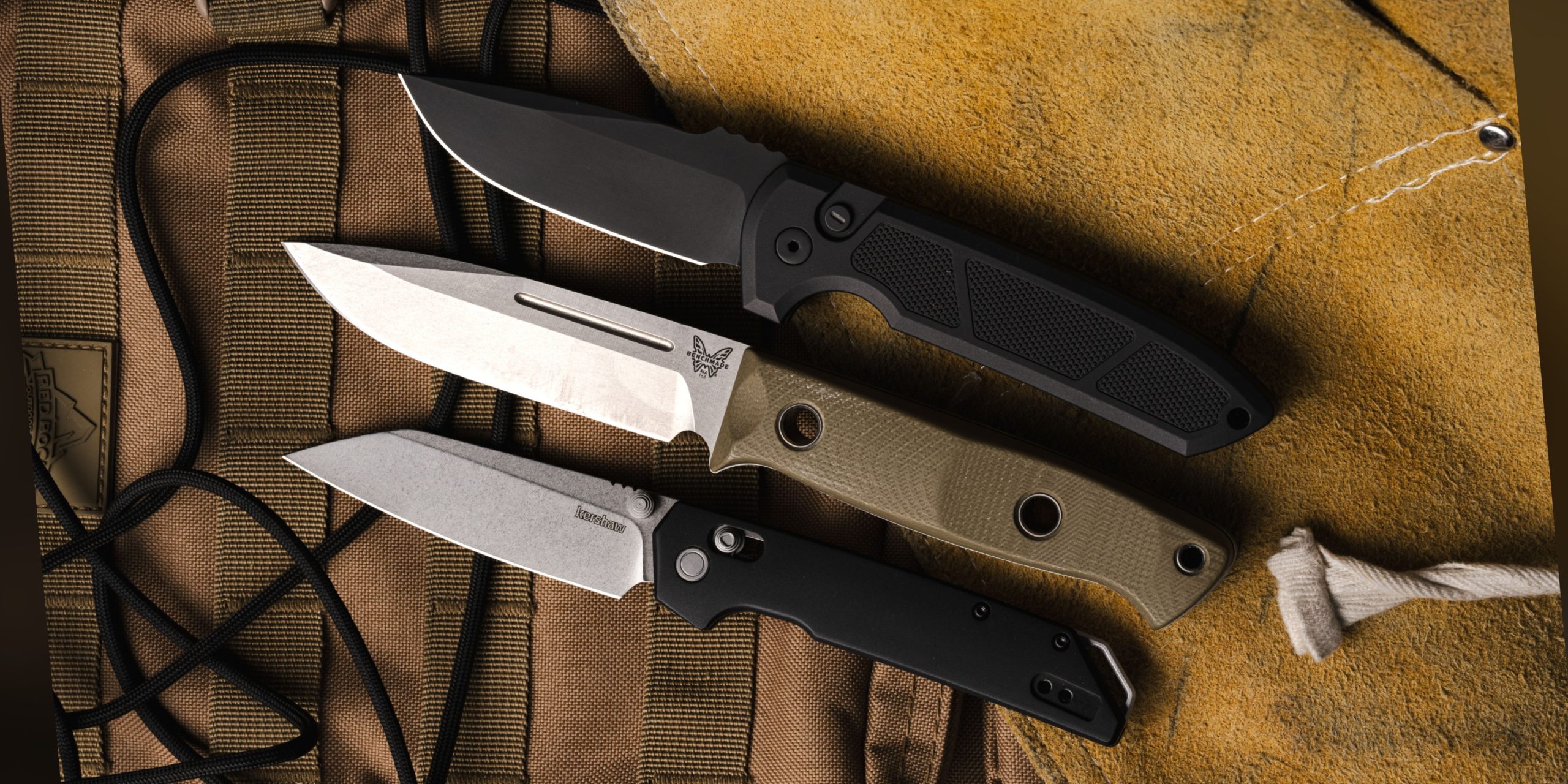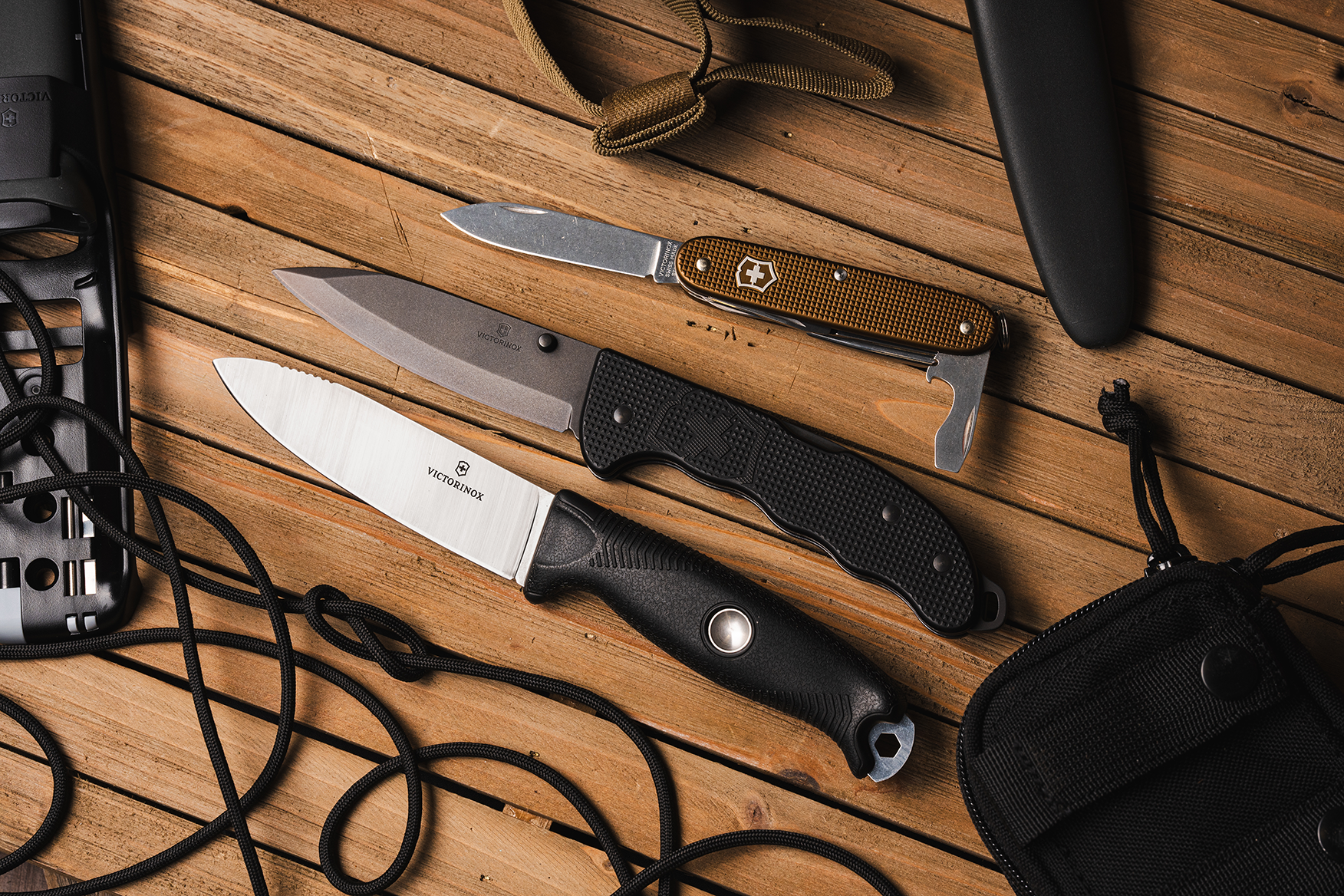Scuba diving can be an incredibly rewarding recreational activity. Whether diving in the Open Ocean or smaller bodies of water such as lakes and ponds, there is so much to learn and experience below the surface. But, like any recreational past-time, you need to be prepared for anything. A hiker will have everything he needs before he sets out on the trail, and scuba diving is no different. You need to check your tanks and other equipment. The last thing you want is to run out of air 100 feet down. One commonly looked over piece of equipment is the dive light.
As you descend deeper and deeper, the water begins to filter out sunlight more and more. You don’t want to have to return to the surface because your lack of vision, and the best way to go about that, is with dive lights. This will allow you to get into the darker, murkier places and truly make the most out of your scuba experience. But, this raises the question “How do I choose a dive light”? There are several factors that will play into the dive light that is perfect for you.
First and foremost, the dive light needs to be water-proof. I know, it sounds ridiculous. If you are scuba diving, it goes without saying. But this is a commonly looked over piece of advice. So make sure you take it into account. It would be absolutely terrible to spend money on a dive light, only to jump in the water and have it short out. Now a days most flashlights tend to be waterproof. But always make sure to double check. Better safe than sorry.
Next, you are going to want to evaluate how you will be using the dive light. Understand your particular needs as a diver, then plan accordingly. Will you be staying to the shallows (99 feet and above), or will you be going deeper and exploring further? Will you be diving during the day, and only using your dive light for cracks and caverns? Or will you be diving at night, and relying on your dive light as your lifeline? These are very important questions to ask yourself before you jump in.
If you are diving during the day, you may only need a smaller, more accurate light. Something to look under rocks, and in cracks. But if you are diving at night, and relying heavily on your light, you may want to get something with a wider beam, therefore illuminating a broader area.
Most divers will tell you, whether professional or recreational, an LED light is always going to be your best bet. Incredibly reliable, able to pierce through the muck and murk, an LED light will serve you best. LED’s are reliable, durable, and all around a great light to rely on. No matter which version you go with, always make sure you are going with an LED dive light.
Are you a diver with a favorite light? Something you take with you every time you jump in? Let us know in the comments below.







